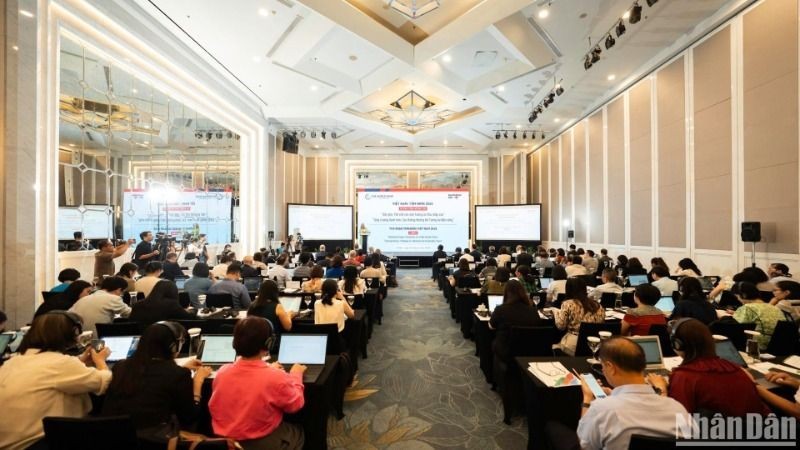
On May 22, the World Bank released two latest reports including “Vietnam 2045 - Disrupting: Institutions for a High-Income Future” and “Vietnam 2045 - Greener Growth: Pathways to a Sustainable Future”.
To realize its ambitious goal of becoming a high-income country by 2045, Vietnam needs to continue to accelerate and deepen institutional reforms while promoting a greener development model, according to two new World Bank reports.
According to the World Bank's first report, "Vietnam 2045 - Breakthrough: Institutions for a High-Income Future", to maintain a high growth rate to achieve the set target, Vietnam needs to strengthen the legal system and legal environment, while improving the efficiency of public investment in both scale and quality. International experience shows that countries that have overcome the middle-income trap and risen to high-income status have all achieved this by continuously improving the quality of their institutions.
“The journey towards achieving high-income status by 2045 has highlighted the critical role of institutions in ensuring sustainable growth,” said Mariam J. Sherman, World Bank Country Director for Vietnam, Cambodia and Lao PDR. “Recent reform efforts demonstrate Vietnam’s determination, but to achieve this goal, Vietnam needs to implement more drastic reforms, a breakthrough institutional push to maximize the potential of the private sector to drive growth and create quality jobs for its people.”
The report highlights that a number of reforms will be crucial to Vietnam’s next phase of development. Public investment needs to be managed more effectively, from project selection to implementation to monitoring. In addition, improving the legal and regulatory framework will help make the business environment more transparent, stable and predictable.
Local governance also needs to be enhanced through greater autonomy, accountability, and coordination between provinces and cities. To become a high-income country, Vietnam also needs to build an effective and accountable civil service that is appropriately sized, better compensated, and supported by institutions that ensure due process, transparency, and independent oversight.
According to the second report, “Vietnam 2045 – Greener Growth: Pathways to a Sustainable Future” by the World Bank, investing in climate adaptation will help mitigate the impact of climate shocks on Vietnam’s agricultural sector, businesses and manufacturing facilities. Forecasts show that if sea levels rise by 75 to 100cm, nearly half of the Mekong Delta could be submerged by mid-century.
The World Bank's 2024 survey also showed that about 75% of manufacturing enterprises in the garment and electronics industries, two of Vietnam's key export sectors, are operating in areas that regularly face heat stress, putting 1.3 million workers in the vulnerable group.
Without timely adaptation measures, the impacts of climate change could reduce Vietnam's economic output by up to 12.5% by 2050 compared to the baseline scenario, threatening the country's ability to achieve its goal of becoming a high-income country by 2045.
The report estimates that these adaptation investments could significantly mitigate the damage, reducing climate-related GDP losses from an expected 12.5% to 6.7% by 2050.
The report also points out opportunities for Vietnam to reduce the carbon intensity of its economy towards the Government's goal of achieving net zero emissions by 2050.
The report also highlights the central role of the private sector and suggests steps to accelerate the energy transition, leveraging increasingly affordable renewable energy technologies to improve energy efficiency in industry. If managed effectively, this transition will unleash new drivers of innovation, growth and job creation.
At the same time, the report recommends that Vietnam should exploit the potential of the marine economy to promote a greener, more resilient future in the face of climate change. Currently, about 30% of the population lives along the 3,260km coastline, and nearly half of Vietnam’s 100 million people directly depend on rich marine ecosystems for their livelihoods. The marine economy is a sector that is highly vulnerable to climate change, so adaptation is urgent and beneficial.
The maritime economic sector also has great potential to contribute to reducing greenhouse gas emissions. The expansion of renewable energy, especially offshore wind, which the World Bank estimates could reach 475 gigawatts, and wave energy represent a great opportunity for Vietnam to reduce its dependence on fossil fuels.
In addition, restoring mangroves, protecting seagrass beds and coral reefs is also important because these ecosystems not only help increase coastal resilience but also contribute to emissions reduction goals by functioning as natural carbon sinks.
The two World Bank reports were produced with financial support from the Australian Government, through the Australia-World Bank Strategic Partnership Phase 2 (ABP2). The reports are part of the Vietnam 2045 research series, which focuses on analyzing the key policy and investment choices that Vietnam needs to make to achieve its long-term development goals.
Source: https://baolaocai.vn/reform-the-che-va-phat-trien-xanh-se-giup-viet-nam-tro-thanh-quoc-gia-thu-nhap-cao-vao-nam-2045-post402200.html




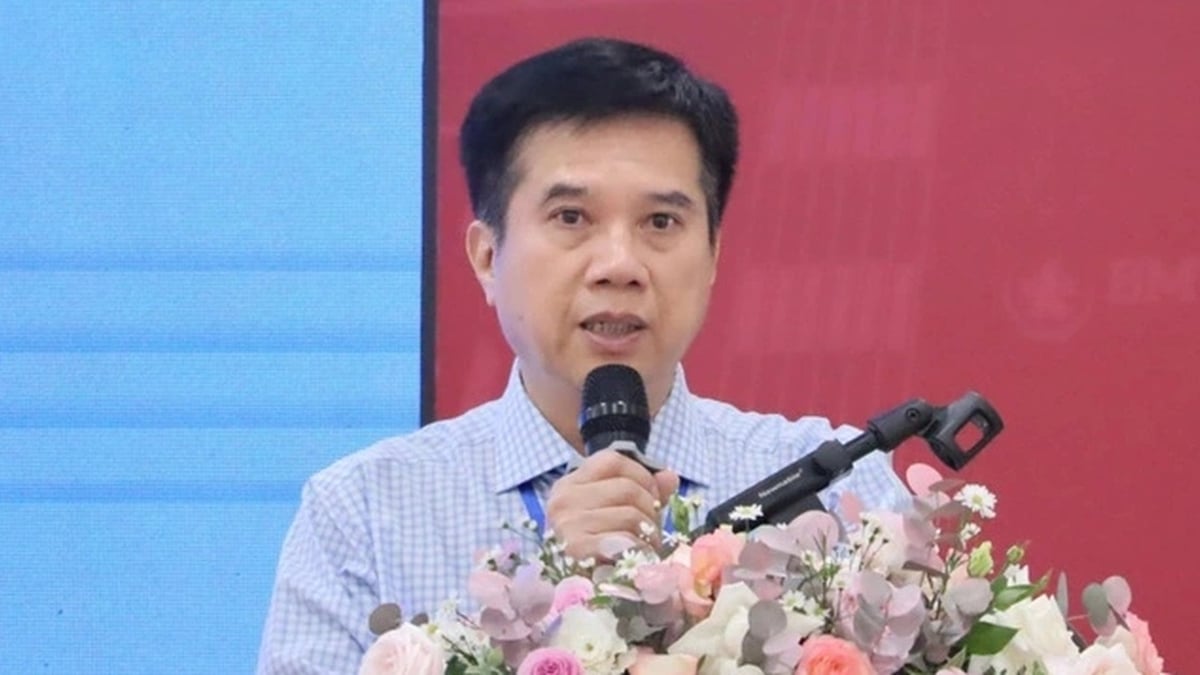
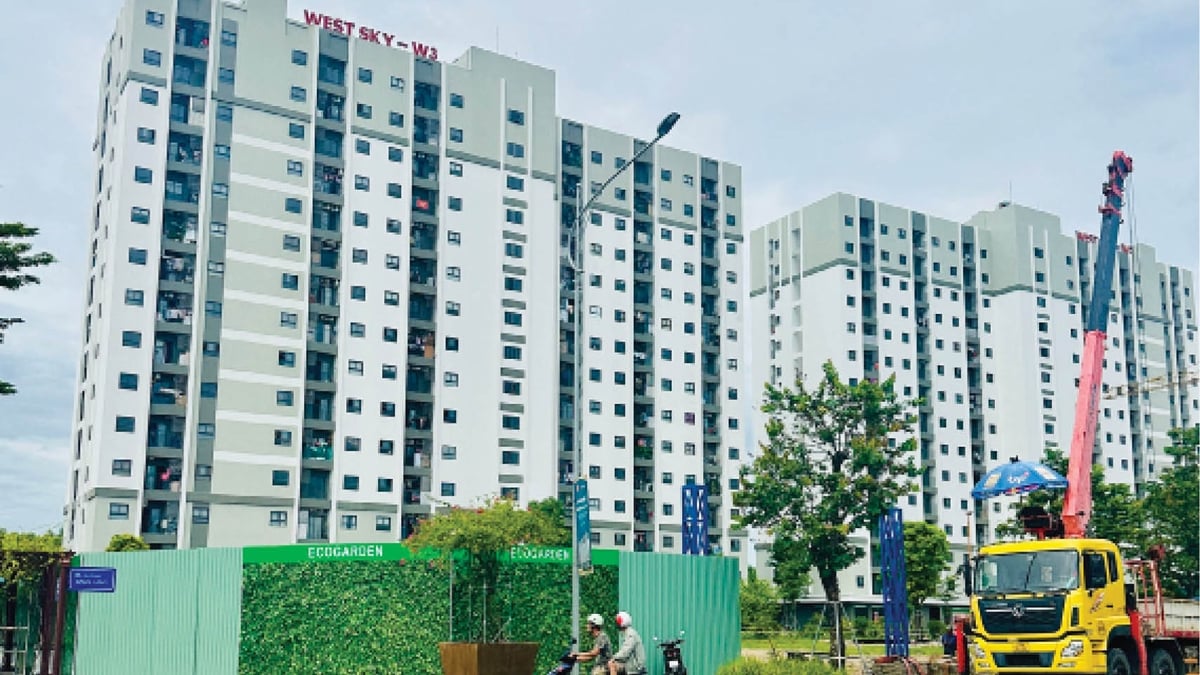


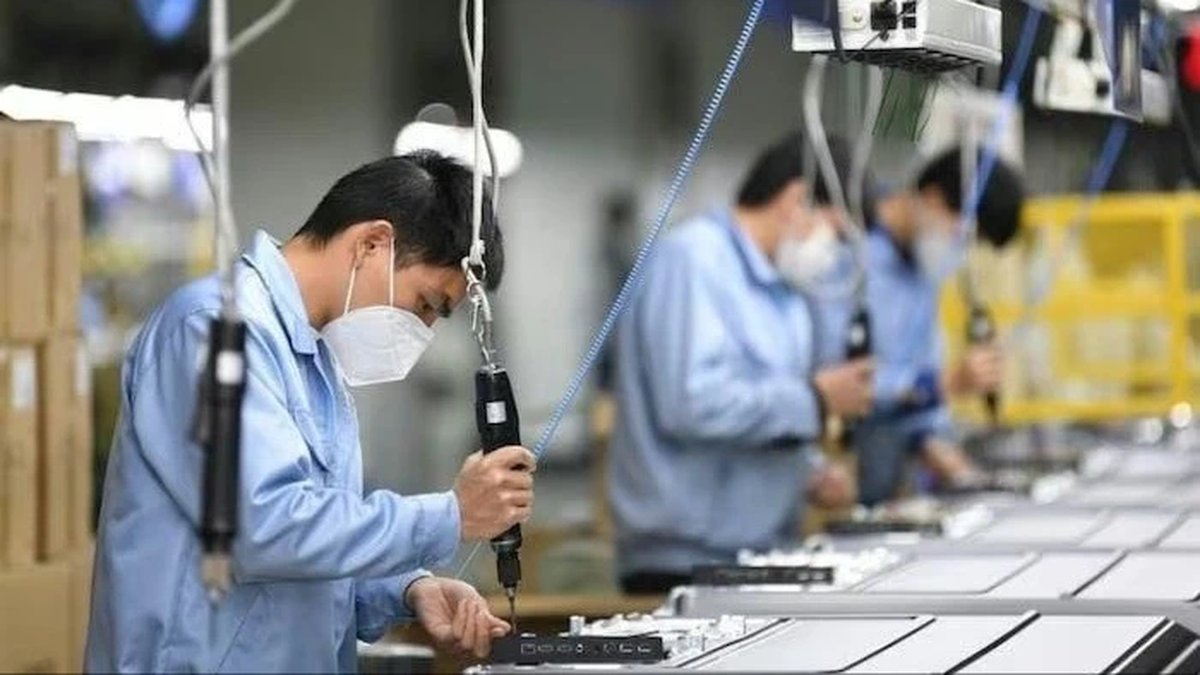

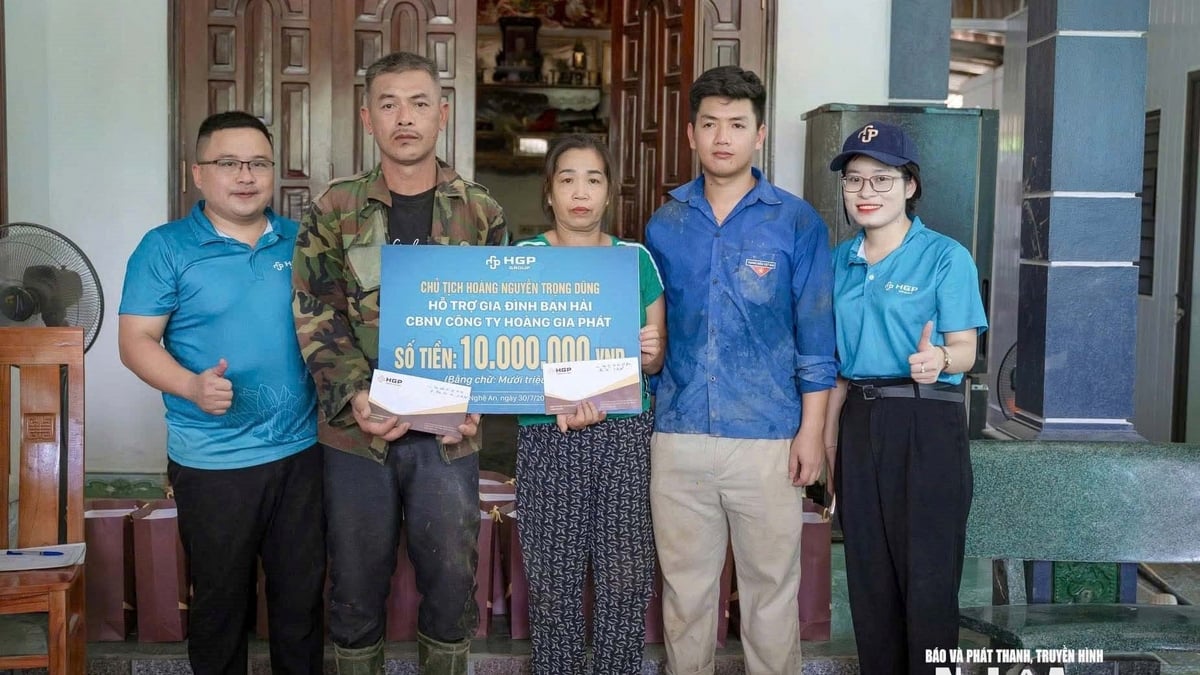























































































Comment (0)